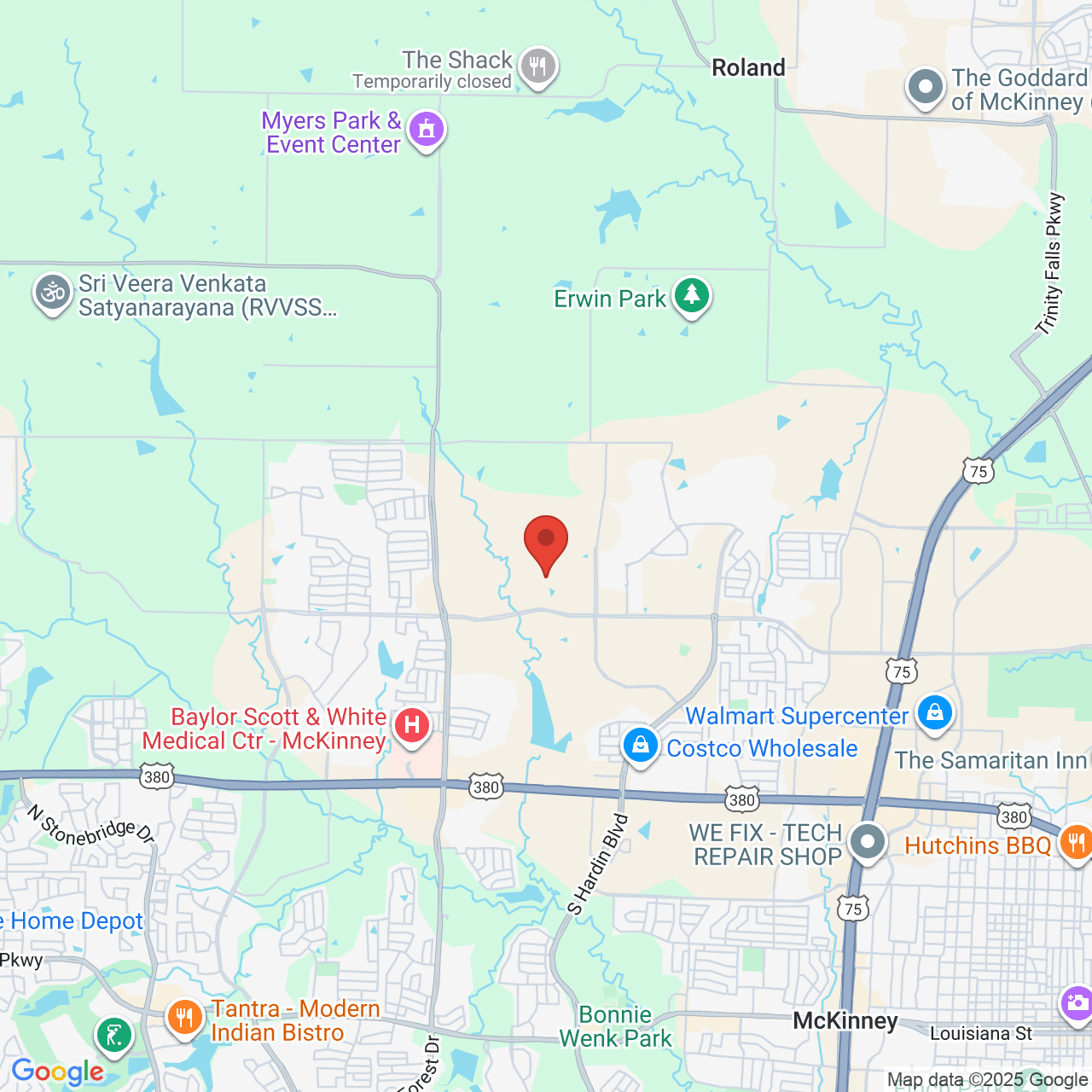Employment Law and Mental Health: Know Your Rights
 Under the Americans with Disabilities Act of 1990 (ADA), employees are protected from harassment or discrimination on the basis of a disability. This law pertains not just to physical disabilities, but to mental health disorders as well.
Under the Americans with Disabilities Act of 1990 (ADA), employees are protected from harassment or discrimination on the basis of a disability. This law pertains not just to physical disabilities, but to mental health disorders as well.
It is important that workers with mental health conditions understand employment laws and how they pertain to mental health. Here, employment attorney Dan A. Atkerson provides an overview of employment laws related to mental health conditions, so that workers in Allen, TX, Plano, TX, Frisco, TX, and surrounding areas understand when their rights have been violated.
Am I Protected from Discrimination?
Although the ADA prohibits harassment and discrimination on the basis of a disability, many who suffer from a mental health condition are not sure if they are provided the same protections. According to the ADA, a disability is defined as any condition (physical or mental) that substantially limits one or more major life activity. This includes emotional functions, such as thinking, concentrating, regulating emotions, and communicating.
The Equal Employment Opportunity Commission (EEOC) recently published a report to further address mental health conditions in the workplace. The EEOC states that a mental health condition does not have to be severe or permanent to qualify for protection under the ADA. They further specify that conditions such as major depression, PTSD, bipolar disorder, and obsessive-compulsive disorder are likely to be classified as disabilities under the ADA.
Can I Request Accommodations?
The ADA provides certain protections for individuals with mental health disorders, but people with a disability still need to be able to perform job duties and meet employment standards. That being said, employees who suffer from a disability have the right to request reasonable accommodations from their employer. Reasonable accommodations are changes or adjustments that allow an employee to perform their job as expected. Examples of reasonable accommodations for mental health disorders include:
- A modified work schedule
- A quiet work/office space
- Altered management methods
- Time off work (or a mental health leave)
- Job reassignment
It is important to note that employees are responsible for requesting an accommodation. They cannot expect their employer to take the initiative. Any request must be made in writing and should outline the specific accommodation that is being asked for, as well as the reason why. Finally, employees should know that employers are only required to provide accommodations if they do not place an unreasonable burden on their business.
Do I Have to Disclose My Condition?
Employees have the right to keep medical information private from their employer. However, if an employee is asserting their rights under the ADA, certain information will need to be disclosed. For example, when requesting a reasonable accommodation, employees must explain the medical basis for the request.
Once medical information is shared with an employer, they are required to keep it confidential. They must also take steps to ensure the information is not accidentally shared with others. This includes keeping medical records separate from an employee’s personnel file.
Contact Us to Discuss Your Situation
If you suffer from a mental health condition that is affecting your job, attorney Dan A. Atkerson can help you understand the protections that are provided by employment laws. To discuss your situation in further detail, send us a message online, or call our law firm at (214) 383-3606.



